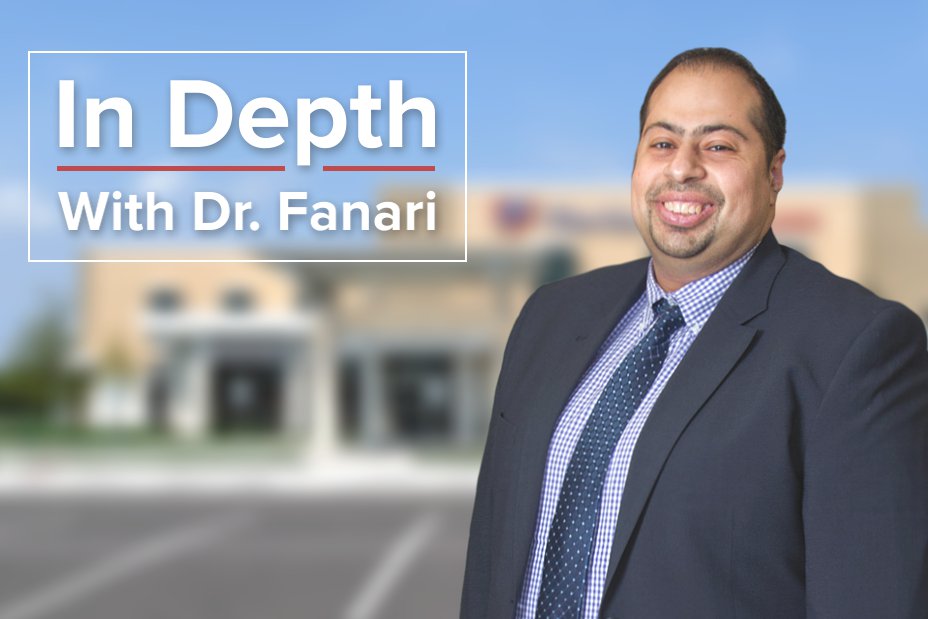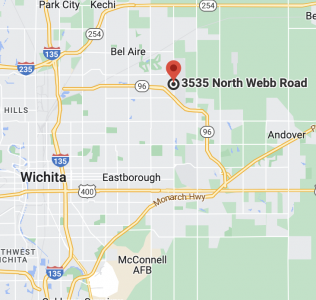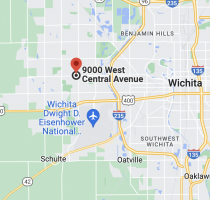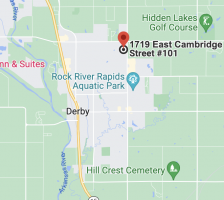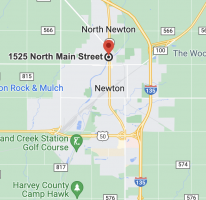If you have been diagnosed with severely narrowed aortic valves or aortic stenosis, you may have symptoms like shortness of breath, dizziness, passing out, or chest pain. This happens because your aortic valves are not able to open all the way, so your heart has to work really hard, and less blood flows out of the heart to the rest of the body. To fix this, your heart doctor may talk to you about a procedure called “TAVR.”
TAVR stands for “transcatheter aortic valve replacement”. It is a minimally invasive procedure to replace the valves, which should improve your symptoms. Because TAVR is minimally invasive, you won’t have to have open-heart surgery. In fact, the TAVR procedure is done through catheters. A catheter is a flexible tube that can fit through your blood vessels. In TAVR, the tube will often go through blood vessels in the groin. The tube will then travel up to your heart, and a balloon will open to put your new valve in place. After this happens, the tube is taken out of your body. TAVR is associated with faster recovery and symptom improvement than open-heart surgery. Although it depends on the patient, valves can last for 6-8 years and maybe even longer.
TAVR is approved in the US for patients who are at medium or high risk for surgery. High-risk patients include people with other diseases and patients with previous heart surgery. Right now most TAVR patients are older adults. As a matter of fact, the average age for patients enrolled in most TAVR studies was 80-85 years old. We are even able to do TAVR in patients in their 90s with great success.
The procedure itself usually takes one hour. However, with the pre-operative preparation and post-procedure care, the procedure may seem to family members in the waiting room to last for 2-3 hours. On average, patients stay in the hospital 2-3 days after TAVR. Some patients with other diseases who need rehab before going home are also usually ready to leave the hospital in 2-3 days but end up staying longer until a rehab spot is available.
Risks of TAVR are similar to those of surgery including death, stroke, bleeding, and injuries to blood vessels. But the rate of these complications are still much less than the risk of death associated with not having TAVR.
You should ask your doctor to explain what happens in TAVR, and the risk and benefits of TAVR. You should also understand the reasons behind the tests done during the work-up. You will also be able to meet the valve clinic coordinator, the nurse, and cardiac anesthesia. Your team will also have a structural heart disease specialist and 2 heart surgeons.
Dr. Fanari at Heartland Cardiology is the Medical Director of the Structural Heart Program at Wesley Medical Center. If you have any questions about the TAVR procedure, or if you would like to make an appointment, please call 316-686-5300.

